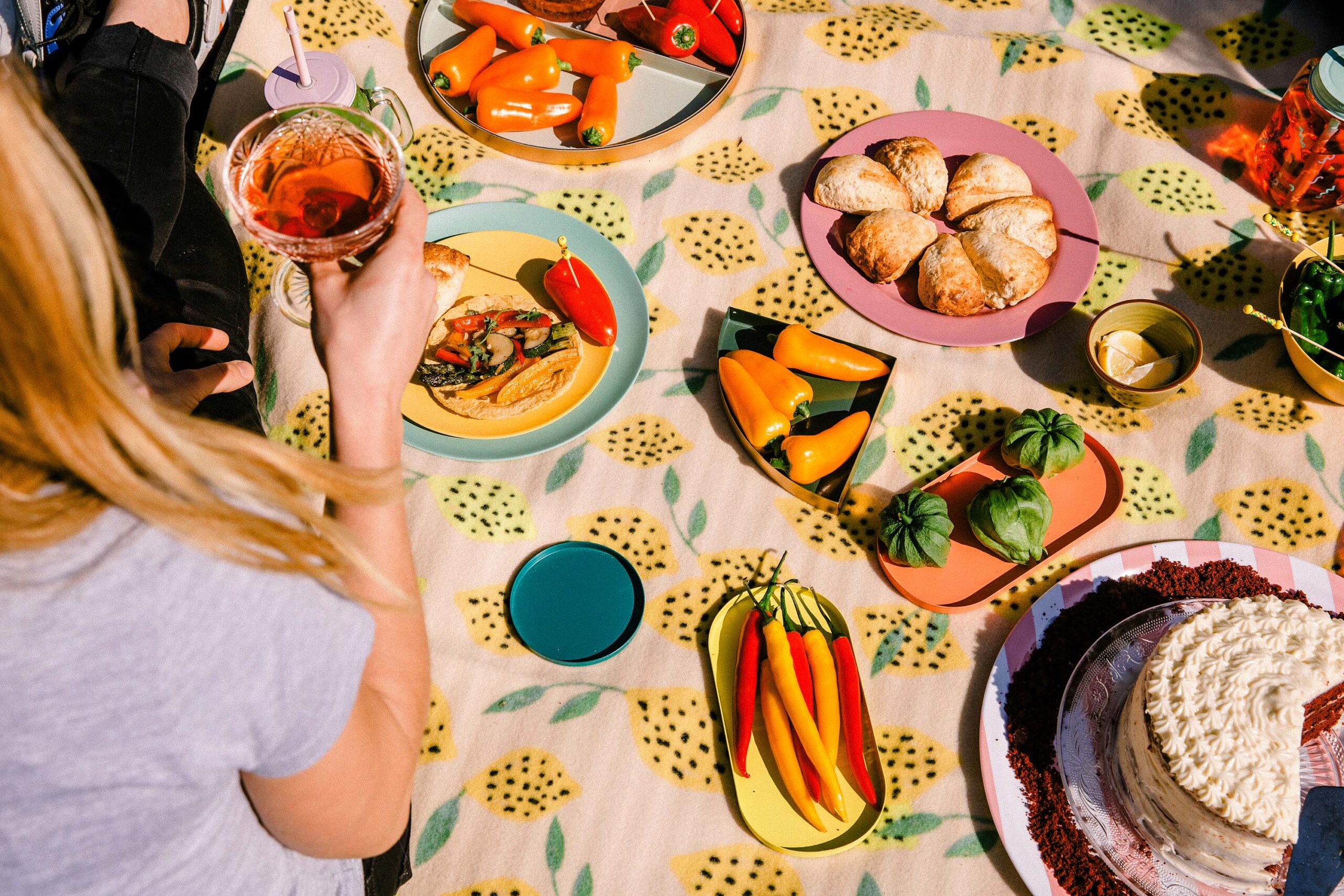- Direct from the grower
- Freshly shipped
- Fast delivery & pickup point
- Spicy support
Discover the legendary Naga Jolokia, also known as the Ghost pepper or Bhut Jolokia. This chili pepper scores on the Scoville scale as one of the hottest in the world. In addition to its extreme spiciness, the Naga Jolokia also has a fruity and floral flavor. Although this is often overwhelmed by the spiciness. The chili pepper comes from Nagaland, a state of India, and is named after a poisonous snake from the region.
Once the undisputed champion as the hottest pepper in the world, the Naga Jolokia has had to cede its throne to the Carolina Reaper, and now pepper X. But it remains a powerful and intense chili. Because of its extreme spiciness, the Naga Jolokia is often used in very small quantities to give dishes an intense kick. It is used in sauces, marinades, curries, chutneys and other dishes where a very hot flavor is desired.
Warning: Be careful when preparing and handling this extremely hot chili pepper! It is recommended to wear gloves when cutting the chilies and use them with care to avoid skin irritation and discomfort. Do you dare to take on the challenge?
From € 4,58
Discover the legendary Naga Jolokia, also known as the Ghost pepper or Bhut Jolokia. This chili pepper scores on the Scoville scale as one of the hottest in the world. In addition to its extreme spiciness, the Naga Jolokia also has a fruity and floral flavor. Although this is often overwhelmed by the spiciness. The chili pepper comes from Nagaland, a state of India, and is named after a poisonous snake from the region.
Once the undisputed champion as the hottest pepper in the world, the Naga Jolokia has had to cede its throne to the Carolina Reaper, and now pepper X. But it remains a powerful and intense chili. Because of its extreme spiciness, the Naga Jolokia is often used in very small quantities to give dishes an intense kick. It is used in sauces, marinades, curries, chutneys and other dishes where a very hot flavor is desired.
Warning: Be careful when preparing and handling this extremely hot chili pepper! It is recommended to wear gloves when cutting the chilies and use them with care to avoid skin irritation and discomfort. Do you dare to take on the challenge?
Store the fresh Naga Jolokia chilies in the refrigerator or a cool dark place in a pantry, cellar closet, shed, etc. Ideal temperature is between 10°C and 13°C, then the peppers will stay good the longest, about 7 to 14 days. It is also possible to freeze the peppers. Click here for more information on freezing chilies or other ways to keep them for a long time.
During the summer season (May-October), this product is grown in the Netherlands in our own greenhouses. In the winter season (November-March) this product is grown by our regular grower from Israel.
The Naga Jolokia is limited or unavailable in the months: March, April, October & November. And it remains a natural product. Therefore, due to circumstances, the product may also be unavailable or limited in the other months.
Store the fresh Naga Jolokia chilies in the refrigerator or a cool dark place in a pantry, cellar closet, shed, etc. Ideal temperature is between 10°C and 13°C, then the peppers will stay good the longest, about 7 to 14 days. It is also possible to freeze the peppers. Click here for more information on freezing chilies or other ways to keep them for a long time.
During the summer season (May-October), this product is grown in the Netherlands in our own greenhouses. In the winter season (November-March) this product is grown by our regular grower from Israel.
The Naga Jolokia is limited or unavailable in the months: March, April, October & November. And it remains a natural product. Therefore, due to circumstances, the product may also be unavailable or limited in the other months.
knifegr (verified owner) -
This is the 2nd year we have had these peppers from Westlandpeppers.
They taste like they should and stay fresh for a long time.
TOP QUALITY
| Monday | from 8:00 a.m. to 5:00 p.m. |
|---|---|
| Tuesday | from 8:00 a.m. to 5:00 p.m. |
| Wednesday | from 8:00 a.m. to 5:00 p.m. |
| Thursday | from 8:00 a.m. to 5:00 p.m. |
| Friday | from 8:00 a.m. to 5:00 p.m. |
| Saturday | from 8:00 a.m. to 12:00 p.m. |
| Sunday | Closed |
Burg. Crezeelaan 44A
2678 KZ De Lier
The Netherlands
© Westlandpeppers | Webshop by Buro Staal

Monday, Easter Monday, the web shop will be closed. Orders placed after Friday morning 10:00 a.m. will be processed Tuesday, April 22. Happy Easter! 🐣
knifegr (verified owner) -
This is the 2nd year we have had these peppers from Westlandpeppers.
They taste like they should and stay fresh for a long time.
TOP QUALITY